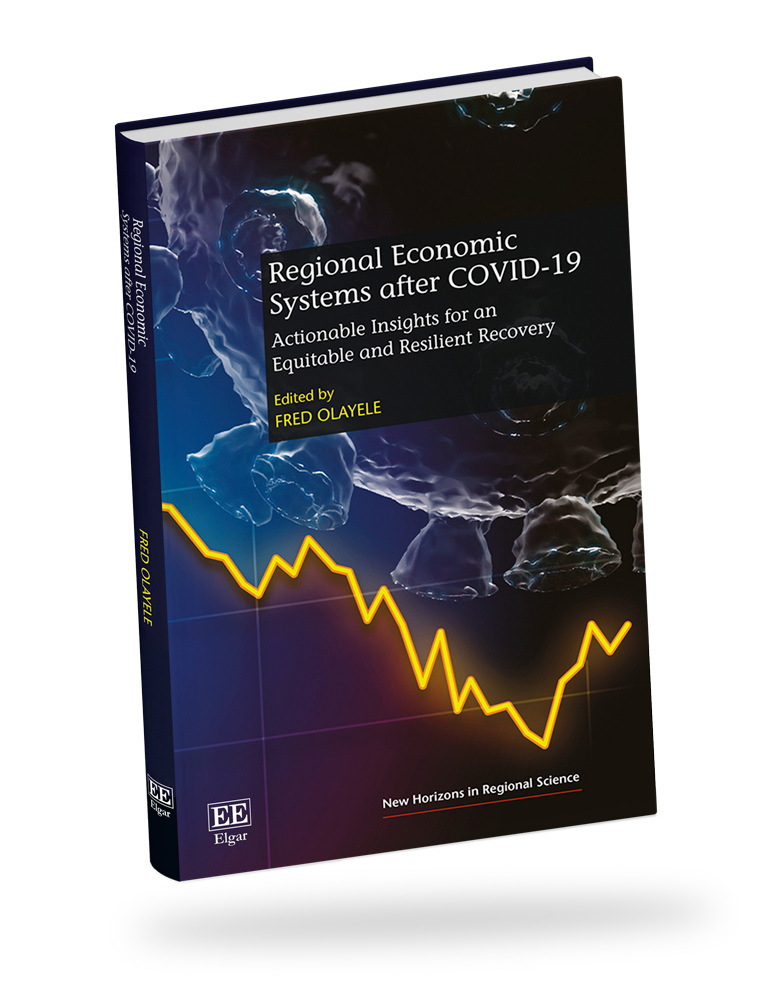
Highlights
Recovery from the economic crisis heralded by the COVID-19 pandemic will remain on the front burner of the economic development policy debate for a while. Since it is only a matter of when – and not if – the next crisis will happen, rethinking how existing economic development tools, frameworks, and practices can be optimized has never been more compelling. In all, 21 academics, practitioners, and policy experts contributed to this piece of work……from New York, Florida, Canada, Spain, New Zealand, Washington, D.C., Massachusetts, and Texas.
Regional Economic Systems after COVID-19: Actionable Insights for an Equitable and Resilient Recovery
Healing the economic and social wounds inflicted by the COVID-19 pandemic will take time, but the long road to recovery presents a unique opportunity for regional business leaders, policymakers, civil society, and other key stakeholders to build back better. To catalyze change and succeed in the post-pandemic era, economic development policy and practice must see the crisis as an opportunity to rethink and redesign regional economic systems. Among others, this will involve creating a shared understanding of, and policies to address, the differential impacts of the pandemic across occupations, industries, and socioeconomic groups.
Since it is only a matter of when – and not if – the next crisis will happen, rethinking how existing economic development tools, frameworks, and practices can be optimized has never been more compelling. Even so, there will be no easy solutions; special attention must be given to interventions capable of accelerating desirable trends that are likely to shape the next normal. This is the preoccupation of this book. The various chapters present deductive arguments for deploying cutting-edge solutions, mobilizing resources, and engaging key stakeholders on the road to building a more inclusive, equitable, resilient, and sustainable economy
The book is divided into four parts. The introduction sets the pace with contemporary discussion on the COVID-19 pandemic, regional economic systems, and the economic redesign imperative. Part II discusses the challenges and opportunities heralded by the virus in the broadest sense – with emphasis on occupational identity and economic mobility, regional responses, and the misunderstood role of population density. Part III examines several case studies and their associated pros and cons for equitable and inclusive economic recoveries vis-à-vis childcare provision, gender equality, and the future of work debate. An unprecedented reallocation of labor and capital in favor of industries that will thrive in the post-pandemic economy is expected in the coming years; it is therefore important to choose long-term recovery strategies carefully. The implications for regional innovation ecosystems in areas such as clusters, remote work, neighborhood infrastructure, inward FDI in the ocean economy, and the visitor economy are unpacked in Part IV.

